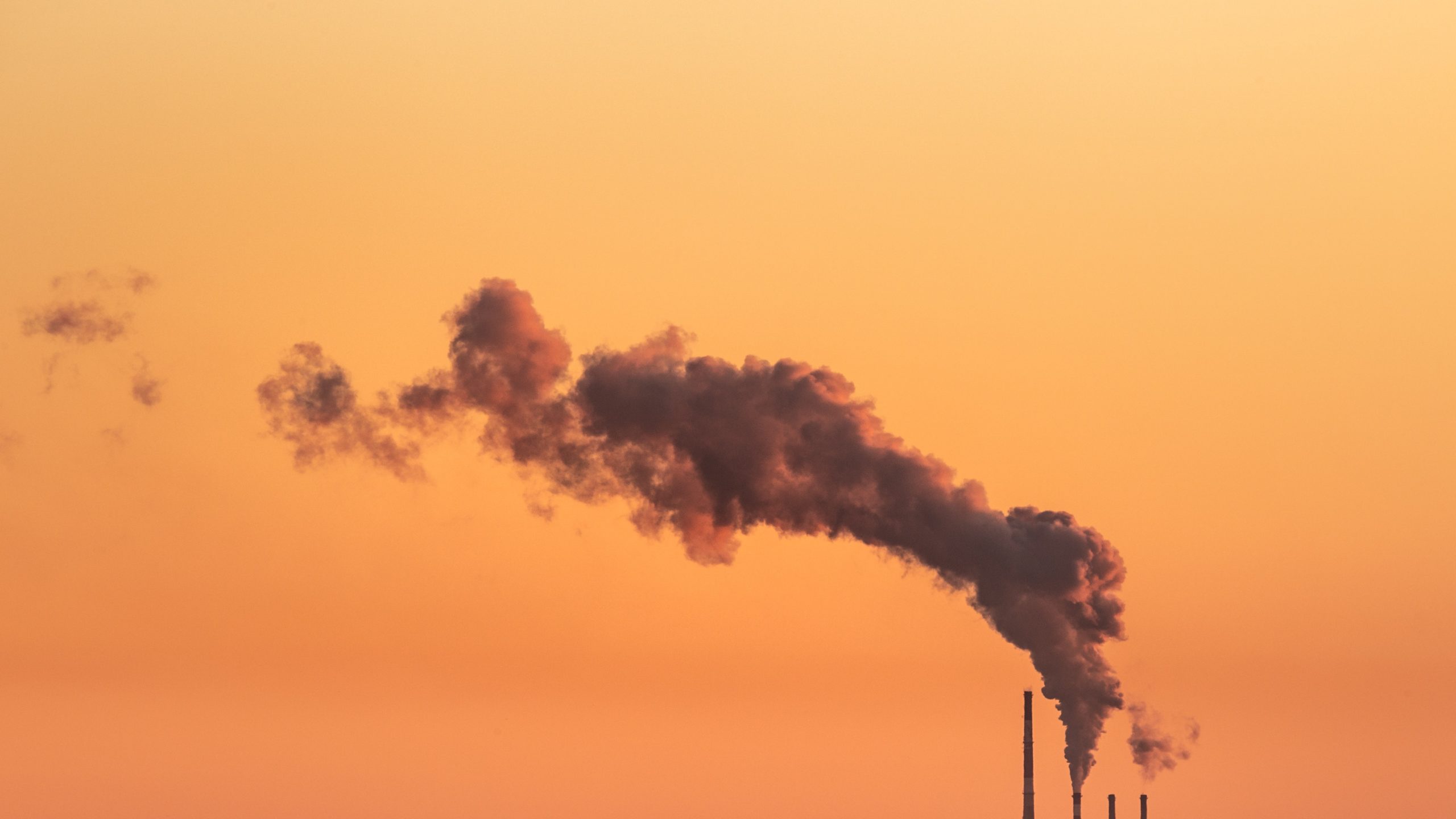Germany’s ThyssenKrupp Steel said March 1 that it has ordered a hydrogen-powered direct reduction plant from Dusseldorf-based engineer SMS to launch one of the world’s largest industrial decarbonization projects, set to eliminate more than 3.5 million mt/year of CO2 emissions.
SMS will carry out engineering, delivery and construction of the direct reduction plant at ThyssenKrupp’s Duisburg site in western Germany, along with two innovative smelters, and associated auxiliary units, in a Eur1.8 billion project that represents the largest single order in SMS’ 150-year history.
In total, ThyssenKrupp Steel has said it aims to reduce its CO2 emissions by 6 million mt/year — or 30% — by 2030.
At present, the Duisburg site emits over 17 million mt/year — and potentially up to 20 million mt/year — of CO2 because of its coal-powered hot iron production using blast furnaces, the company has said. It is responsible for 2.5% of Germany’s CO2 emissions, although installation of the first direct reduction plant will reduce the facility’s emissions by 20% or by 3.5 million mt/year.
The plant will have 2.5 million mt/year of direct-reduced iron (DRI) capacity and is set to come online by the end of 2026.
ThyssenKrupp said that the hydrogen-based direct reduction furnaces will offer a significant basis for manufacturing carbon-neutral steel in the future, adding that it plans to have completed its move into hydrogen-based steel production by 2045 at the latest.
— Ekaterina Bouckley






